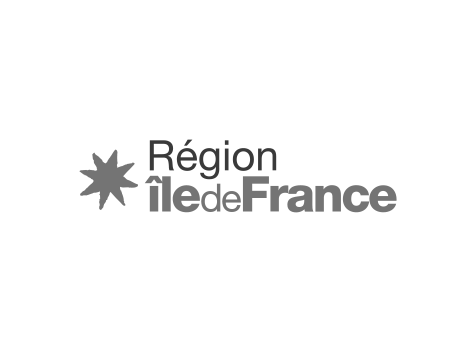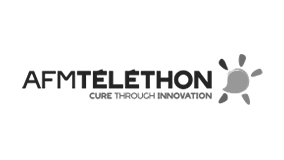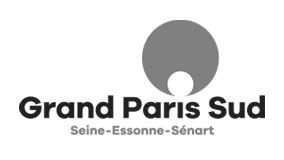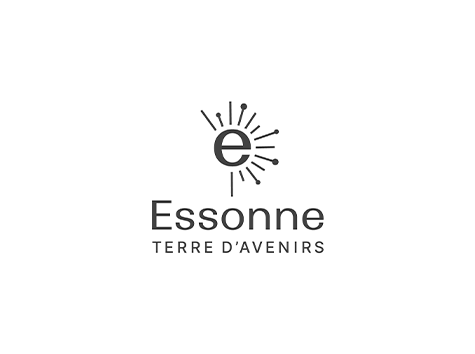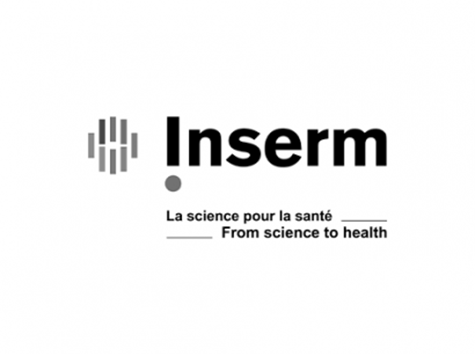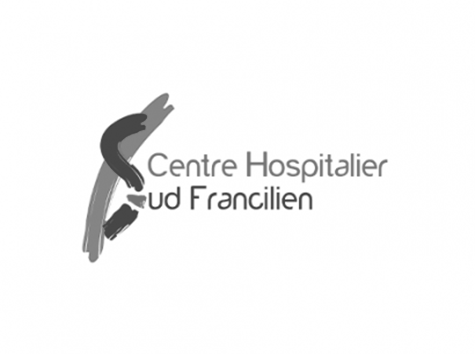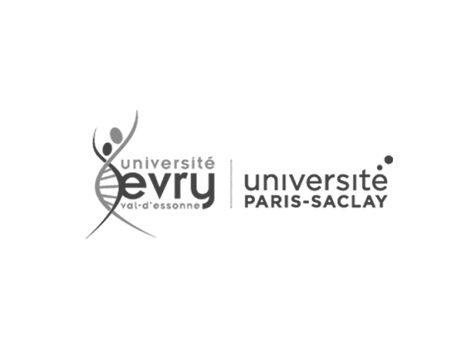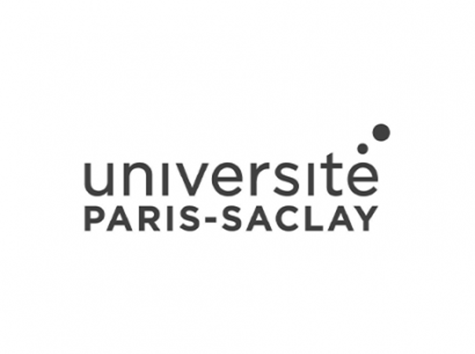Year 2022 was a big one for Olivier Biondi, firstly because he was granted full professorship at the University of Évry-Paris Saclay and secondly because he brought together, with his Atige support, his own team at LBEPS and launched his research on the effects of physical exercise on neuromuscular diseases. Here, Olivier Biondi responds to a few questions on his pioneering research aimed at novel therapeutic perspectives, notably innovative approaches combining exercise with pharmacological, gene or cell therapies.
What are the aims of your research program?
Olivier Biondi: “Our research is focused on understanding the effects of physical exercise on neuromuscular diseases and the mechanisms driving any beneficial or deleterious effects. It’s a key aspect to clarify, particularly for clinical practice, where it is important to provide scientifically based arguments to physicians so that they can better manage their patient cases.”
What does your research consist of?
Olivier Biondi : “We are developing, on one hand, protocols to have an extensive view of the mechanisms of action of physical exercise, and on the other, more precise cellular and molecular analyses to better understand those activated mechanisms. For example, we are studying enzymatic activities, that is, the activities of certain proteins within the muscle and fundamental to its function. We’re also looking at key signaling proteins involved in the extra-to-intracellular movement of information, to better arm medicine in its battle against this class of diseases.”
What makes your research pioneering?
Olivier Biondi: “The pioneering nature of our work resides in the idea of adapting the conditions of exercise to each individual and each pathology; we’re seeking to personalize patient treatment.
Furthermore, because physical exercise acts on the secondary effects of disease, as well as on muscles, the cardiovascular system, the liver, etc., it may serve complementarily to other therapeutics, whether pharmacological, cellular or genetic.”
What is the interest of being at Genopole for you?
Olivier Biondi: “What interests me in the Genopole ecosystem is the potential for partnerships with the various academic or private structures, starting of course with the Exercise Biology for Performance and Health Laboratory headed by Prof. Claire Thomas-Junius, but also Genethon for therapeutic R&D and Yposkesi for the production of clinical-grade gene therapy vectors.”
In a nutshell:
The objectives of Olivier Biondi’s work are:
- in the short-term to understand the mechanisms activated by physical exercise in the setting of neuromuscular diseases;
- in the medium term to develop metabolism measurement tools (biomarkers especially for energy metabolism measured on biopsies, blood samples or imaging studies) to enable the determination of the exercises best-adapted to patients and to the personalization of their clinical management;
- and in the long-term to combine physical exercise and therapeutic approaches with the goal of creating synergistic effects and making exercise a beneficial complement for patient care.




